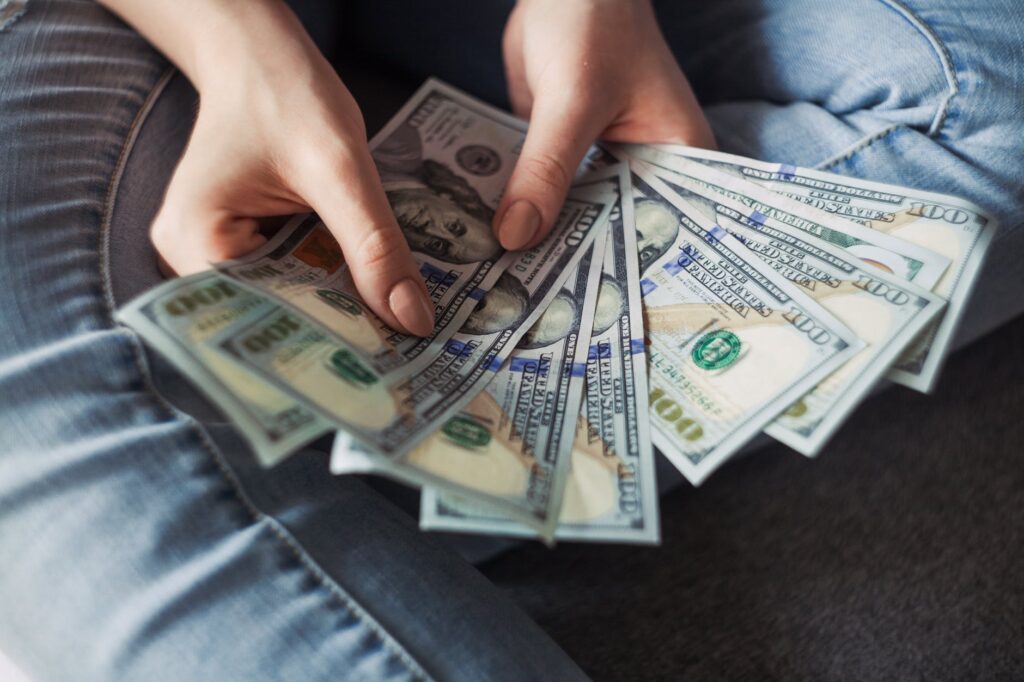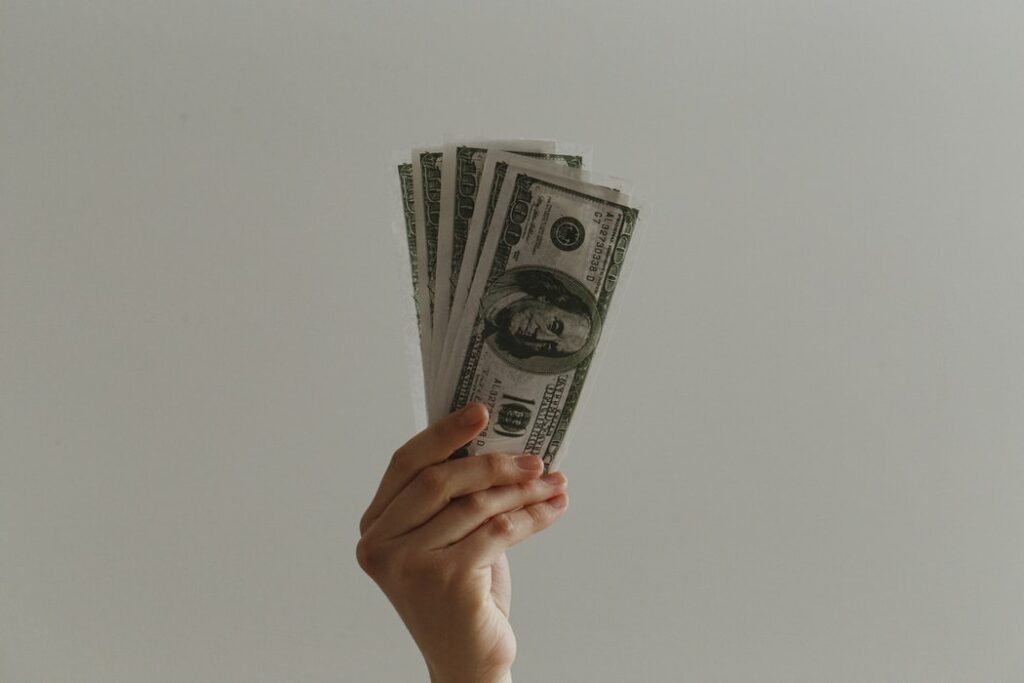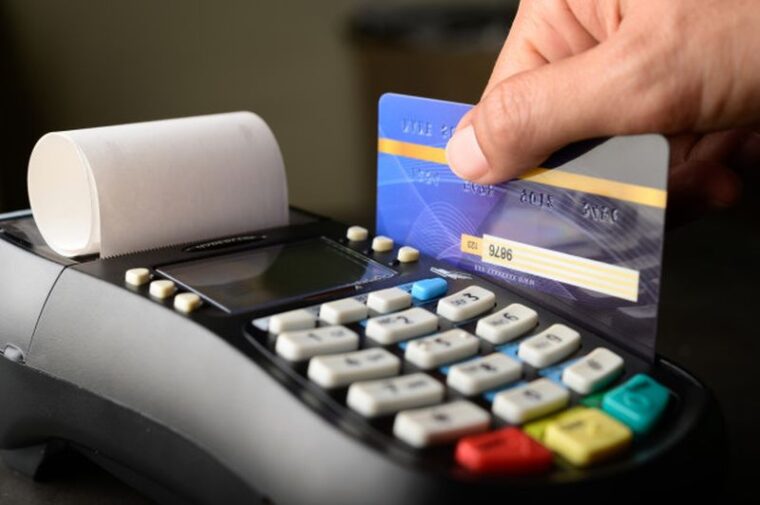A few years ago, cash was king, and then came credit cards. Debit and credit cards brought so much convenience that they became a means of making everyday purchases for many people.
But even as society becomes more and more cashless, there are still many instances when it’s more convenient to use cash. For instance, if you want to make a small value payment, say one under $10, what would you rather use – cash or credit card? Most people would prefer to use hard cash for such small payments.
Small businesses also encourage their customers to pay with paper money as it’s cheaper and more secure than credit cards. According to carnation-inc.com , such enterprises need a counterfeit bill detecting machine, and they are good to go. The use of cash keeps them worry-free when it comes to getting hacked or paying extra fees to credit card companies. Besides, being dollar-friendly opens doors for consumers without bank accounts to shop from such businesses.
In this article, we look at instances when it’s more convenient to make payments using cash and when you can also use a credit card to your advantage.
When to Use Cash
Paying with cash is sometimes better than paying with a credit card. Multiple studies have shown that the use of credit cards encourages people to spend more.
Here are some instances where paying with cash is the best option.

1. When Making Small Purchases
When it comes to buying gum, a tube of lip balm, or any other inexpensive buy, then paper money is the best.
It’s easier and quicker to pay for such small purchases with cash than to swipe out your card. You will easily whip out your dollars, get your change and go rather than waiting in line until your card is approved.
2. When You Want To Spend Less
Cash is tangible, which makes you think of how much you’re spending every time you make a purchase. Besides, when your wallet is empty, you can’t spend further.
A credit card, on the other hand, makes it easier for you to overspend as you just swipe it with the intention to pay the bill later. This is why financial experts advise that you should restrict yourself to using cash if you can’t manage your spending.
3. When You Don’t Have a Bank Account
If you don’t have a bank account for one reason or another, you can function bank-free thanks to the ability to make payments with old-fashioned currency.
Most day-to-day transactions and bills can be paid with cash. Besides, if you need to send or receive payments you can always use a nonbank app such as Paypal, Cash App, or Venmo.
4. In Case of Emergencies
We recommend that you always have some cash with you in case of an emergency. Since cash is accepted everywhere, you should have some with you for instances when you can’t use your credit card.
You should also have a cash emergency fund of at least $50,000 just in case something unexpected comes up. Such a fund can protect you from unforeseen events such as a sudden job loss or a health emergency. Having such a fund also reduces stress during times of a crisis and ensures you don’t lose money by selling your investments during emergencies.

5. When You Want To Support a Small Business
Most small businesses won’t take plastic as they can’t afford the high credit card transaction fees. If you intend to buy something from such a store, have some cash with you.
And even if some of the businesses might accept credit cards, they may only do so after you spend an X amount of money. The reason is that these small businesses’ profit margin is so small that if they were to pay the credit card transaction fees, they would close shop.
Thus, using cash is the best thing you can do to support such small businesses.
6. Zero Chance of Identity Theft
It may be scary to hear that a store you frequent has been affected by a data breach, especially if you often shop there with your credit card. Credit cards are an easy target when it comes to identity theft.
However, this is something you can avoid by paying with cash. Pieces of notes stacked in your favorite store’s register reveal nothing about you, but information sent to such a retailer by your card’s bank can give lots of data that fraudsters can take advantage of.
When to Use Credit Cards
Credit cards have their perks and rewards, but they are also the biggest source of debt for most Americans. So, you need to be really careful about how you use your card.
If you aren’t good at money management and can’t resist impulse buying, you’re better off sticking with cash. Another downside of using a credit card is that you’ll have to pay fees and interest if you’re late with your bill payments. But despite these drawbacks, credit cards are more convenient when making some purchases.
Here are instances when the use of a credit card can give you an advantage.

1. When You Want To Get Rewards
Using a credit card allows you to win some reward points. Many credit card companies give you some bonus points for every dollar of spending. When you reach the given earning threshold, you can redeem the points for gift cards, travel cards, or some items in some selected stores.
Therefore, if you’re already spending your money regularly with a certain store, you should get a co-branded credit card that is in partnership with the retailer for you to enjoy some discounts or rewards.
2. If You’re Worried About Losing your Money
One of the advantages of using credit cards is that they make it hard to lose money. For instance, if you lose your wallet, your money’s gone for good, but this isn’t so with a credit card.
If a fraudster goes on a purchasing spree with your credit card, you aren’t responsible for the spending. Once you notify your credit card company of the fraud, they will resolve the issue. And even if it takes some time to sort out the mess, you will most likely recover your money.
3. When You Want To Build or Improve Your Credit Score
The best way to improve your credit score is to use your credit card responsibly. Your potential landlord or employer will probably run a credit check on you before renting you an apartment or giving you a job.
Moreover, if you need to apply for a mortgage, the mortgage company may check your credit history to determine your eligibility. Insurance and cell phone providers, among other utility companies, also check the credit history of their customers.
Here are ways that can help you improve your credit score when it comes to the use of your credit card:
- Don’t miss your payments
- Make regular purchases
- Keep the balances low
- Pay your past-due payments
- Limit new credit card applications

4. If you’re A Frequent Traveller
When you’re traveling, a credit card is the best form of payment. For instance, if you want to rent a car or book a hotel room, you’ll have an easier time paying with a credit card.
Further, when you’re traveling in a foreign country, you may have a hard time paying your bills with American dollars or even get shortchanged when it comes to foreign exchange rates and fees. Most credit card companies give you better foreign exchange rates, and some have no foreign transaction fees.
Moreover, if you’re a frequent flyer, you get to earn miles for every dollar you spend on an airline ticket, as most airlines have partnered with credit card companies for this service. And after meeting the card spending requirement, you might just get an award flight.
5. If You Want To Track Your Spending
When you use a credit card, you get monthly statements that show your transactions for that month. This makes it easier for you to track how you spend your money.
Besides, some credit cards have apps that you can install on your phone to track your spending. This feature, if used wisely, can help you avoid impulse buying.
In closing, there are certain instances when it’s best to use cash, while in other cases, a credit card works best. Our advice is to identify your financial goals, spending habits, and relationship with money before choosing a payment method that suits you.
